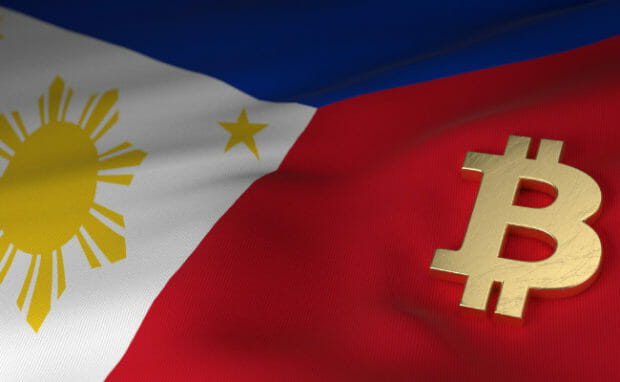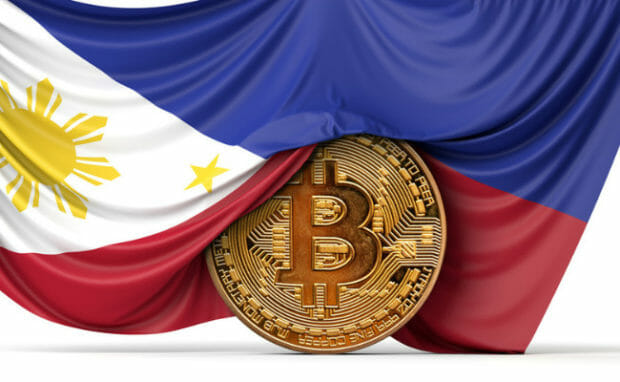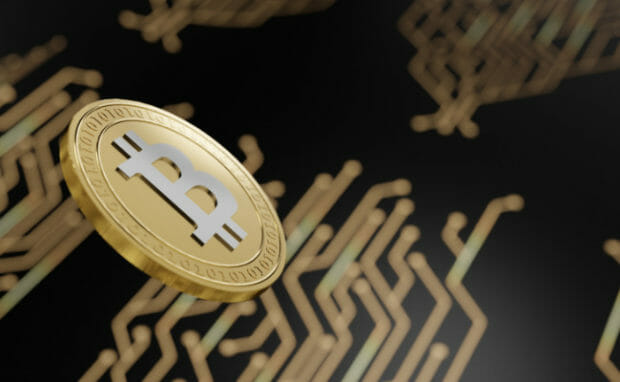Philippine Government Launched Blockchain Training Program
The Philippines’ science and technology department recently launched a blockchain training program. It recognizes the significance of this growing technology that could benefit the country. Crypto adoption is spreading worldwide, so other nations may follow soon.
You must learn all you can about cryptocurrency and blockchain technology. The Philippines is looking into every opportunity to grow and improve. It would become a prime example of how crypto tech drives nation-building, and your country could be next.
We will discuss the Philippines’ blockchain training program from the Department of Science and Technology (DOST). Then, we will talk about the country’s current crypto tools and services. After that, we will look into other blockchain use-cases that it may adopt soon.
The Philippines launched a blockchain training program.

Photo Credit: vulcanpost.com
The news came from the Executive Director Philippine Council for Industry, Energy, and Emerging Technology Research and Development (DOST-PCIEERD).
Enrico Paringit said that the Philippine Department of Science and Technology (DOST) started a training program for blockchain technology. He said that it aims to explore use-cases for the following:
- Healthcare
- Emergency aid
- Financial support
- Issuance of visas and passports
- Trademark registration
- Government record storage
Paringit remarked that the country lacks local experts in blockchain tech, so the PCIEERD struggled in establishing the blockchain training:
“We had challenges getting experts or seasoned developers to share knowhow on blockchain-based systems development.”
DOST secretary Fortunato de la Peña also said blockchain is “an important emerging technology” that the Philippines must explore.
[forminator_form id=”101630″]
Paringit emphasized that the DOST’s primary goal is to “build non-cryptocurrency applications.” Still, it needs blockchain development specialists who can aid the government in applying this technology.
Blockchain is also part of the DOST Regional Research Institution (RRI) program. Its exact title is “Application of Blockchain Technology to the Guimaras Mango Supply Chain.”
The project will ensure the authenticity of exported mango products. Also, it would use blockchain technology to track the goods until they reach consumers.
Read More: The Real-World Uses Of Cryptocurrency
Current crypto apps and services in the Philippines

Photo Credit: cvj.ch
The Southeast Asian nation has been developing blockchain tech even before the DOST’s plans. For example, it has a cryptocurrency exchange backed by its central bank.
PDAX is a crypto exchange platform backed by the Bangko Sentral Ng Pilipinas (BSP). Like Coinbase, it enables Filipinos to trade digital assets conveniently.
Meanwhile, its other crypto exchange Coins.ph partnered with Ripple, the company behind the cryptocurrency XRP, and SBI Remit, the largest money transfer provider in Japan.
Together, they allow quicker and cheaper cross-border transactions between the Philippines and Japan. They use Ripple (XRP) to facilitate fund transfers, making remittances easier for overseas Filipino workers (OFWs).
What’s more, the Philippines has grown accustomed to online payment apps. The biggest names are PayMaya and GCash, and they now let users store cryptos in their apps.
In other words, they double as crypto wallets. Even better, users can buy cryptos from them too. Moreover, the Philippines also excels in adopting NFT games.
It made headlines after Filipinos grew fond of playing Axie Infinity. It is a play-to-earn mobile game that lets players earn cryptos as they play.
They gain Smooth Love Potions (SLP) and Axie Infinity Shards (AXS) and convert them into Philippine pesos. As a result, the game became a fun source of passive income for Filipinos during the pandemic.
Axie Infinity also lets players earn in-game items as non-fungible tokens. An NFT makes a piece of digital media unique so that players can sell them on the Axie Marketplace.
As a result, these digital goodies become another source of cash flow for Filipino players. They also made it easier for Filipinos to adopt the technology. Blockchain’s possibilities for the Philippines reach infinity and beyond!
Related Articles
Other blockchain opportunities for the Philippines
The Philippines is progressing toward other use-cases of cryptos and blockchain. They will become a potent catalyst for its growth and reform.
For example, the country may adopt decentralized autonomous organizations or DAOs. They turn the conventional business hierarchy upside down by giving power to the members.
Members vote on what their DAO will do by staking cryptocurrencies. They will leave the required amount on the blockchain as they cast their ballots.
Once they reach a consensus, the DAO’s leadership will follow the winning vote. If the Philippines applies DAOs, its companies could provide better working conditions.
[forminator_form id=”101900″]
More importantly, its businesses will become better in serving the needs of Filipinos. Here are the other ways the Philippines can improve via blockchain technology:
- Secure elections – Blockchain voting turns ballots into NFTs to prevent counterfeits and tampering. Also, people will be able to vote anywhere without the risk of election fraud. Estonia currently uses this technology, so perhaps the Philippines can do the same.
- Protect food supplies – As mentioned, the Philippines will use blockchains to track mango shipments. However, it could use the technology to ensure food safety and provide accurate product info.
- Tokenization – Cryptos can represent non-digital assets like stocks and real estate. They could divide stocks into more affordable segments so that more Filipinos can build a portfolio. Meanwhile, blockchain networks can provide a more secure way to prove land ownership.
- Support for local artists – Turning artworks into NFTs allows artists to earn money from their craft. Local artists may feel more compelled to make Filipino art. As a result, Filipino culture can thrive despite global digitalization.
Conclusion
The Philippines aims for progress with the aid of blockchain technology. Its science and technology department recognizes its potential for nation-building.
That is why the DOST pushed through with Philippine blockchain training. Soon, we may see the applications above turn into realities for Filipinos. Your country might follow its example.
That is why you need to learn all about cryptocurrencies and blockchain. Fortunately, Inquirer USA offers plenty of free crypto news and updates!
Note that this article does not provide investment advice. Please do your research regarding cryptocurrencies, and speak with a financial advisor for more information.
Frequently asked questions
Is cryptocurrency legal in the Philippines?
Filipinos are free to buy and sell cryptocurrencies. The Philippine government also aims to boost blockchain use-cases in the country with its current training program.
How can I buy cryptocurrency in the Philippines?
You may purchase cryptos in the Philippines by making an account on PDAX. Alternatively, you could download the PayMaya and GCash mobile apps and buy from them.
What is the best crypto wallet in the Philippines?
Coins.ph provides the best digital wallet for Filipino crypto investors. Filipinos may also use online payment apps like GCash and PayMaya.
How can I start trading cryptos in the Philippines?
Filipinos may start trading cryptocurrencies by making an account on PDAX. It offers several well-known cryptos, such as Bitcoin (BTC) and Ethereum (ETH).
Is cryptocurrency a good investment?
Choose your assets depending on your financial goals. Keep in mind that cryptocurrency is a highly volatile asset. Speak with a financial advisor for genuine investment advice.
